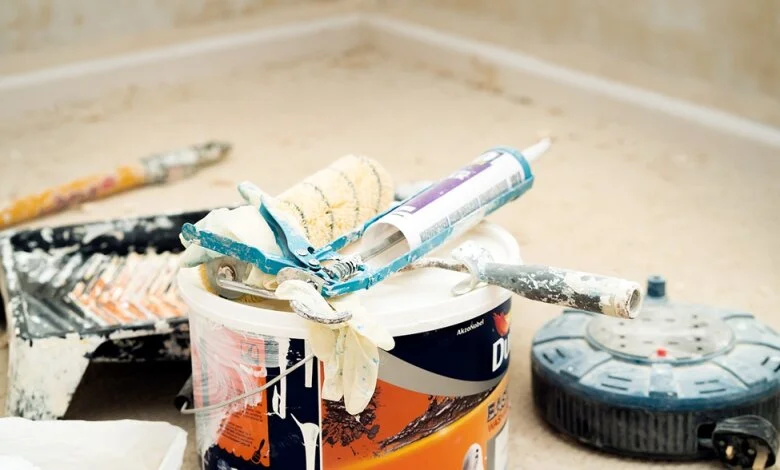When you’re passionate about something, it makes sense to dedicate time and energy to share it with others. Even better, monetizing your projects allows you to earn a side income from something you enjoy. Today, Sparrow Height shows you how.
Get Creative with Project Financing
Home improvement can be expensive up-front, even if the projects improve your home’s value. One way to finance do-it-yourself renovations is by taking out a home equity loan. Paying down the mortgage or increasing the property value builds equity in your home. Then, you can borrow the difference between the market value and the amount you owe, financing that into your existing mortgage. Check with a trusted lender to see what you may qualify for and what the interest rate will be.
Take (Extra) Video Footage
Monetizing home improvement projects is best done through videos. Showcasing your projects and their progress will attract would-be DIYers who hope to complete the same renovations.
Any time you begin a project, keep the camera rolling. It’s always better to have more footage versus not enough, and you may be able to cut and splice videos to get more value out of the content. You may need to dedicate more time to this than expected. In fact, 36 percent of content creators spend one to five hours creating content; 27 percent spend five to 10 hours.
Repurpose Content for Maximum Value
Videos are one way to share your content and later monetize it. But there are multiple ways to share a love of DIY projects. Repurposing your content across multiple video platforms and in other formats can help you grow an audience and more opportunities to earn. You might take screen grabs from videos for Instagram images, download a video transcript to create a blog post, or make video snippets into GIFs.
Launch Social Media Ads to Grow a Following
Growing a following can take time, but one way to expedite things is by launching social media ads. For example, Facebook ads allow you to target a specific audience, and advertising costs can be affordable on a cost-per-click basis.
Interact with Your Audience
Drawing an audience is one thing, but engaging with your audience is another. To keep people around and possibly encourage them to make a purchase, you’ll need to post new content consistently and interact regularly. This can be as simple as reacting and responding to comments, polling your audience, and focusing on their feedback when developing new content.
Seek Affiliate Opportunities
Once you have a sizable audience, affiliate opportunities could be a lucrative monetization route. Affiliate opportunities typically involve a mutually beneficial swap of sorts. For example, you might receive a product for free from a company, with the requirement that you mention the product on your platform (or blog). Other affiliate opportunities could give your followers discounts on a particular product or earn you a per-diem payment if people subscribe or make a purchase.
Turn Your Projects into a Business
Earning an income from your hobby is an amazing feat, but it also comes with responsibilities. You’ll need to file self-employment taxes and report earned income, which can become complicated. Turning your passion project into a business, and selecting a business structure, helps avoid legal pitfalls and offers tax perks. By forming an LLC, you’ll protect your assets and have a separate business entity to manage company earnings (and expenses). Filing online with a formation service cuts down the paperwork and is quick, too.
Next, you’ll need to advertise! These days, marketing via social media is a must, and what better place to start than with the help of an infographic maker? Infographics are great because they combine eye-catching graphics with brief lists of facts about your business, and they can be easily shared via social media platforms like Instagram and Facebook to help spread the word and grow your audience.
Track Expenses as You Go
Keeping track of expenses serves two purposes when you’re monetizing projects. First, you can relate to your audience how much projects cost. Later, you can write off some of your expenses when doing your taxes. That is if you’ve formed a business entity around your DIY passion.
Building a DIY home improvement empire will take time and effort. Yet monetization and successful advertising help you recoup your investment and fund future projects, all while growing an audience that’s just as passionate as you are.
